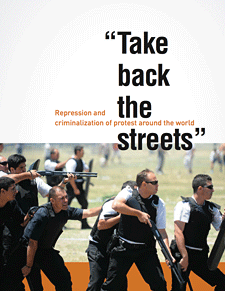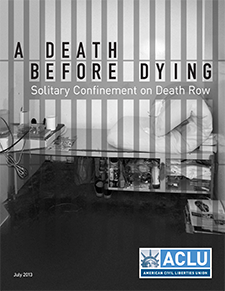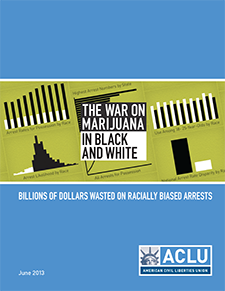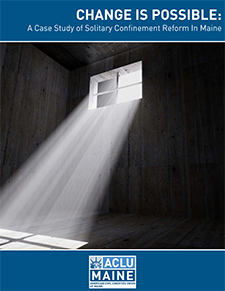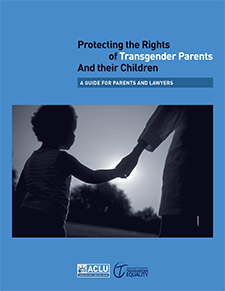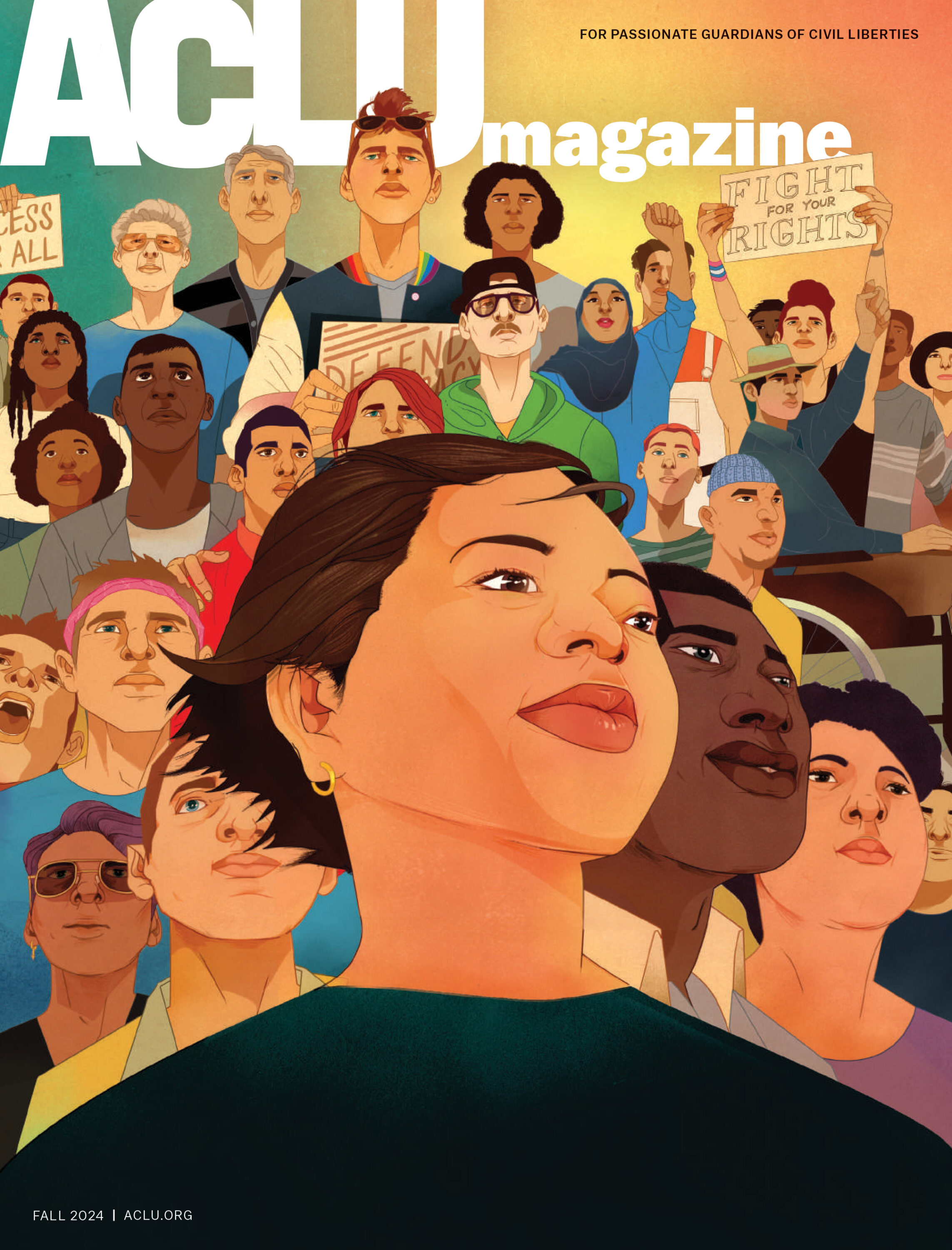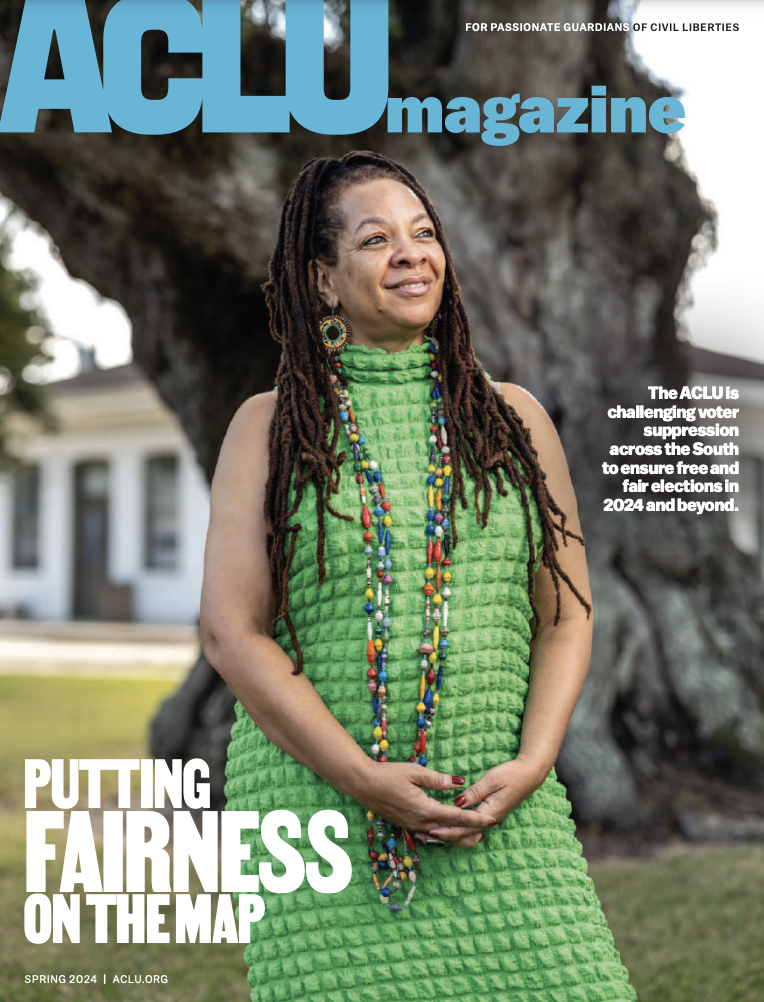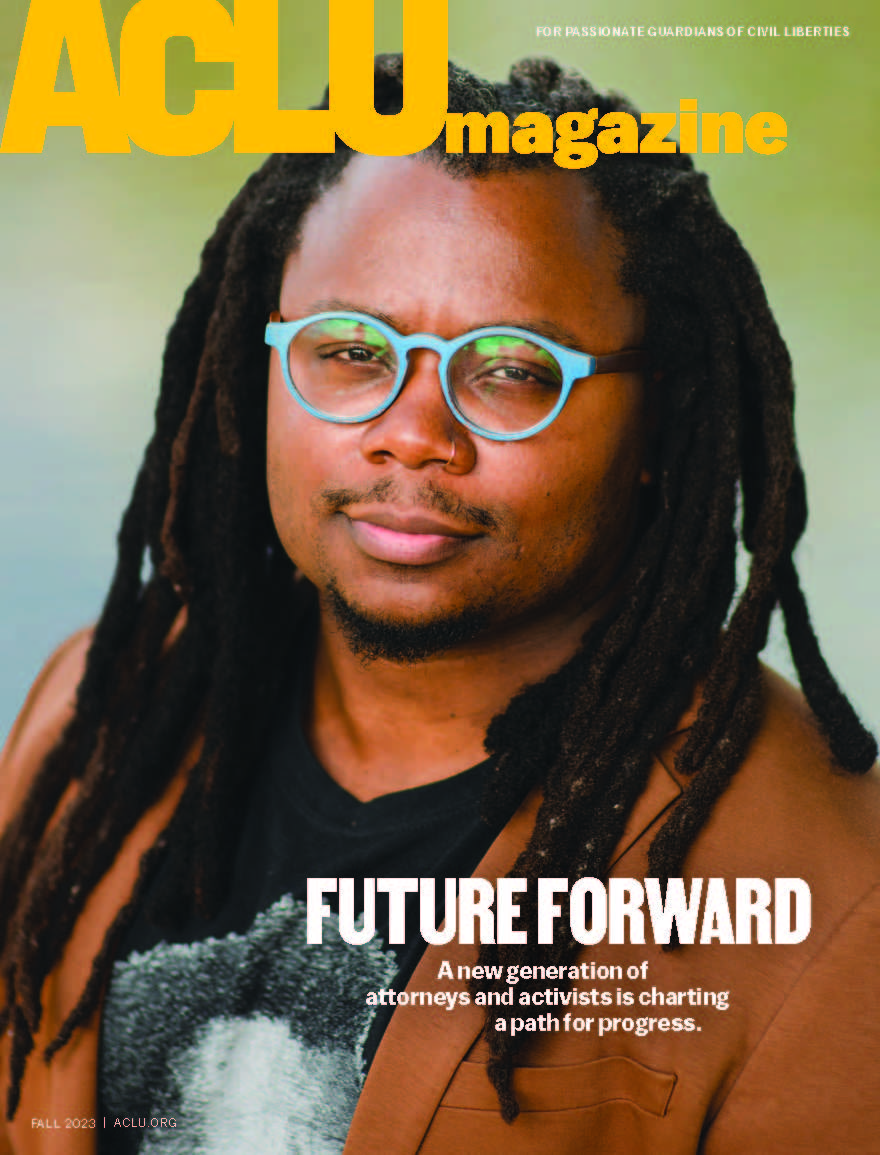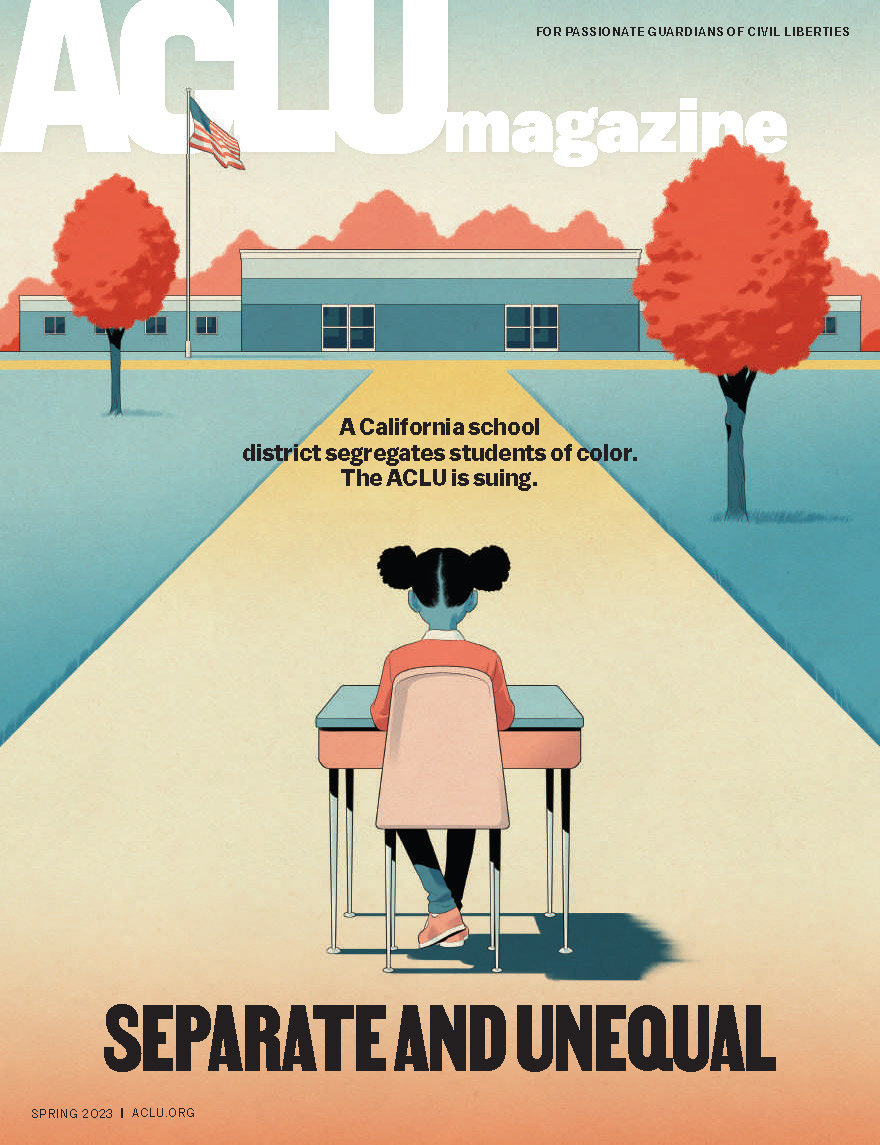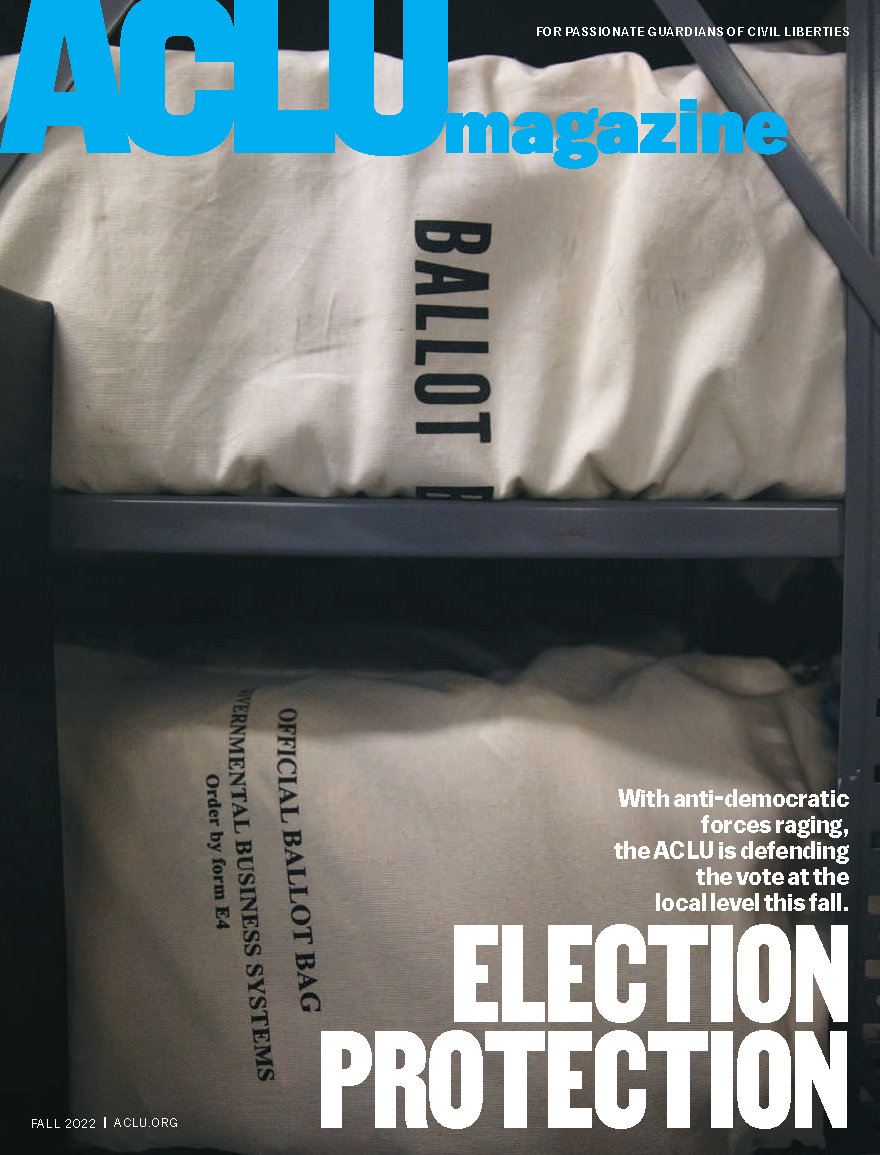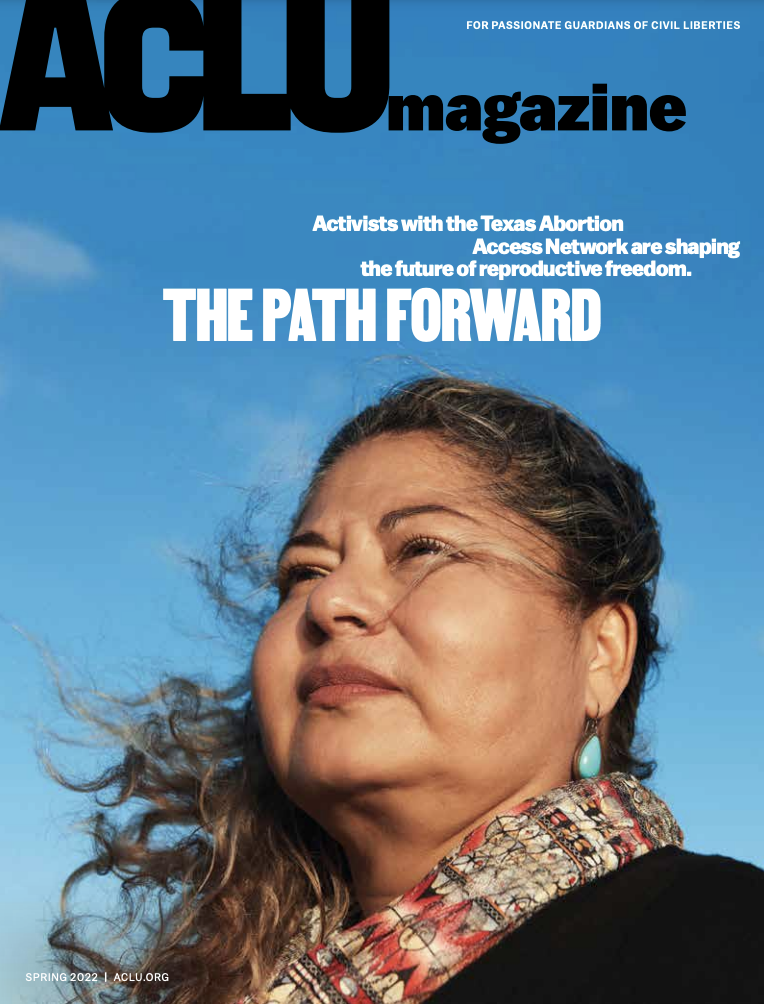Research & Publications
Access in-depth resources and analysis published by the ACLU regarding our most pressing civil liberties issues.
All Publications
Search will open in a new tab using DuckDuckGo
Take Back the Streets: Repression and Criminalization of Protest Around the World
In June 2010, hundreds of thousands of Canadians took to the streets of Toronto to peacefully protest the G20 Summit, which was taking place behind a fortified fence that walled off much of the city’s downtown core. On the Saturday evening during the Summit weekend, a senior Toronto Police Commander sent out an order – “take back the streets.” Within a span of 36 hours, over 1000 people – peaceful protesters, journalists, human rights monitors and downtown residents – were arrested and placed in detention.
The title of this publication is taken from that initial police order. It is emblematic of a very concerning pattern of government conduct: the tendency to transform individuals exercising a fundamental democratic right – the right to protest – into a perceived threat that requires a forceful government response. The case studies detailed in this report, each written by a different domestic civil liberties and human rights organization, provide contemporary examples of different governments’ reactions to peaceful protests. They document instances of unnecessary legal restrictions, discriminatory responses, criminalization of leaders, and unjustifiable – at times deadly – force.
A Death Before Dying: Solitary Confinement on Death Row
Most death row prisoners in the United States are locked alone in small cells for 22 to 24 hours a day with little human contact or interaction; reduced or no natural light; and severe constraints on visitation, including the inability to ever touch friends or loved ones.
This stark reality endures at a time when the United States’ experiment with the death penalty is at a crossroads. On one hand, in 2013, another state repealed the death penalty - Maryland. That makes six states in the last six years - Maryland, Connecticut, Illinois, New Mexico, New Jersey, and New York - that have repealed the death penalty, bringing the number of states without it to 18. Today, more than half of the states have either eliminated the death penalty completely or have not executed anyone for at least 10 years. Thirty states, plus federal and military jurisdictions, have not executed anyone in at least 5 years. This steady march toward repeal seems to indicate that it is only a matter of time before the Supreme Court will declare the death penalty cruel and unusual punishment and bar its use nationwide.
Report: The War on Marijuana in Black and White
Over-Policing: Between 2001 and 2010, there were over 8 million pot arrests in the U.S. That’s one bust every 37 seconds and hundreds of thousands ensnared in the criminal justice system.
Wasted Time and Money: Enforcing marijuana laws costs us about $3.6 billion a year, yet the War on Marijuana has failed to diminish the use or availability of marijuana.
Staggering Racial Bias: Marijuana use is roughly equal among Blacks and whites, yet Blacks are 3.73 times as likely to be arrested for marijuana possession.
Update (09/11/2013): In the original version of this report, the Minnesota dollar figure under "Money spent enforcing marijuana possession laws in 2010" on page 158 was mistakenly printed as $94,838,792. The correct figure is $42,071,288. We apologize for the error and have made the correction in the online version of the report.
Change Is Possible: A Case Study Of Solitary Confinement Reform In Maine
Solitary confinement destroys lives. Over the past four decades, prisons across the country have increasingly relied on solitary confinement—isolating prisoners in small poorly-lit cells for 23-24 hours per day—as a disciplinary tool for prisoners who are difficult to manage in the general population. But research has shown that these conditions cause serious mental deterioration and illness. Prisoners in solitary confinement hallucinate, they deliberately injure themselves, and they lose the ability to relate to other human beings. When these prisoners are eventually released from solitary confinement, they have difficulties integrating into the general prison population or (especially when they are released directly onto the streets) into life on the outside.
Protecting the Rights of Transgender Parents and their Children
A Joint Publication of the American Civil Liberties Union and the National Center for Transgender Equality
All too often parents who have transitioned or come out as transgender after having children have seen their gender transition raised by their ex-spouse or partner as a basis to deny or restrict custody or visitation. Transgender people who formed families after transitioning have faced challenges to their legal status as parents, often based on attacks on the validity of their marriages. This guide provides information to transgender parents and their attorneys to help them protect parent-child relationships and assist them when faced with disputes over child custody issues.
If you would like to order hard copies of the publication, please contact the ACLU LGBT & HIV Project at (212) 549-2627.
Additional Resources
ACLU Magazine
Published twice a year, ACLU Magazine shares updates on the ACLU's critical litigation and advocacy work across the country and tells the stories of the activists, attorneys, and clients at the heart of each case and campaign. To receive ACLU Magazine by mail, become a monthly donor today.
Stay Informed
Sign up to be the first to hear about how to take action.

